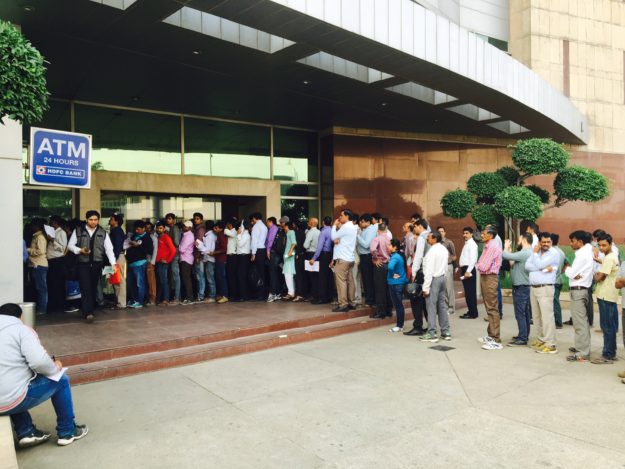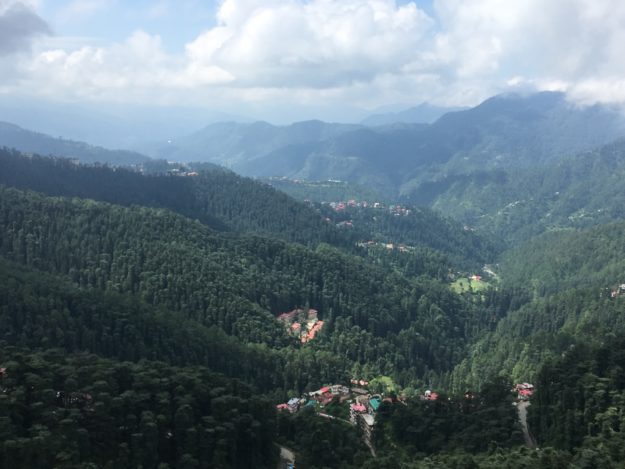Banking Problems and Government Corruption in India
The Cause
There is a run on cash in India and it is creating huge lines at banks along with growing anxiety and hostility among the people. India is primarily a cash based culture. Only the upper classes have credit or debit cards. Foreign cards often don’t work at all. In a bold and unprecedented move, the Prime Minister of India, Narendra Modi, announced late on November 8th that Rs 500 notes and Rs 1,000 notes would be illegal. The idea behind the ruling is to curb crime, corruption and the funding of terrorism that runs deep within India. They are giving everyone until December 30th to deposit or exchange their old bills. In the meantime ATMs have been closed for days and people are only able to withdraw a maximum of 10,000 per day or 20,000 in one week, assuming the bank has the cash to dispense.
I have witnessed the corruption here first hand. It is a common practice to bribe a policeman with a 500 rupee note when pulled over for a traffic violation. Once an ATM swallowed my debit card which left me in a world of hurt with no access to cash. The ATM guard told my assistant it was impossible to get my card back. He changed his story when she bribed him with a 500 note. I then got it back instantly. So you can see how common corruption is. Now imagine all these officials, criminals and terrorists with STACKS of cash that have been rendered useless. It may very well help stop corruption, but in the meantime it is causing sheer chaos on the economy and its people.



